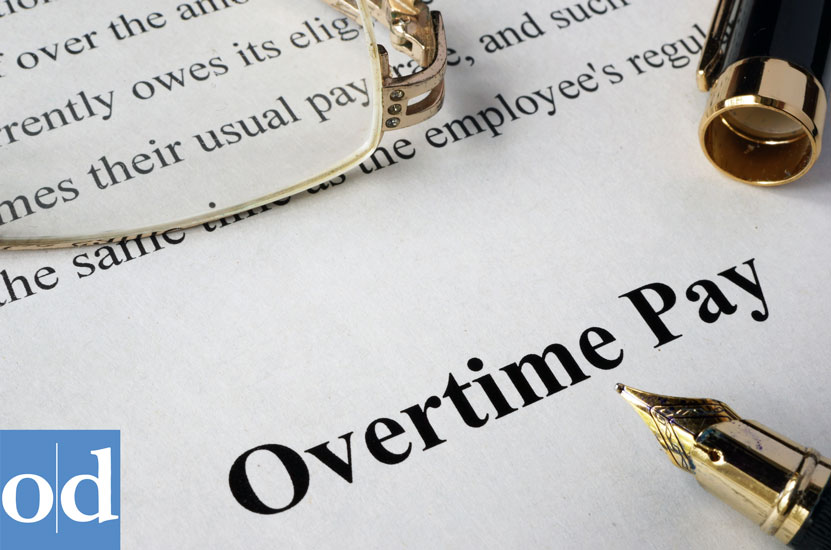The Fair Labor Standards Act provides that employees, who are not exempt from this portion of the Statute, receive overtime pay at one and one half times their standard rate when working over forty hours a week. This provision includes employees that are salaried unless those persons are exempt. There are many exemptions for specific types of employees and one of the largest class of exempt employees are Administrative, Executive and Professional workers who earn over a specified annual salary. This category of employee represents several millions of persons in the Country and tens of thousands in South Carolina, The rule became effective on December 1, 2016.
The salary boundary was last changed in 2004 and, at that time, had been raised slightly to $23,660.00. The new salary level is $47,476.00 annually. This number is designed to set the standard at the 40th percentile of average earnings for full time salaried workers in the lowest wage region of the country. It should be noted that 60% of this category of salaried workers were eligible to earn overtime for work done over forty hours a week in 1975 while, just prior to this Rule, it was only 7%. The Rule as it stands now is set to adjust every three years.
If you are an Administrative, Executive and Professional worker and are not otherwise exempt from the Act, you should receive overtime pay for hours worked exceeding 40 during a work week. Overtime pay is calculated at not less than time and one half the employee’s regular rate of pay. The FLSA workweek is a fixed and regularly recurring period of 168 hours or seven consecutive days (24‑hour periods). The employer may begin the week on any day and set different workweeks for different employees or sets of employees. The FLSA has 1) never limited the amount of work an employer may require of an employee, 2) never required overtime on a Sunday or Saturday regardless of the total workweek hours, or 3) never required paid lunches or breaks.
EEmployers are free to reduce an employee’s regular salary to make up for the effect of the overtime rules or take other legal measures to lessen the effect of the Rule on their bottom lines. However, the Rule, if enforced, would likely raise salaries for millions of employees in relatively low earning positions. One federal circuit (5th Circuit) has stayed the enforcement of this rule but the 4th Circuit (which includes South Carolina) has not ruled on this matter. It is further possible that the new administration may reverse or modify this rule. This Act (FLSA) is complex and if you feel you are not being paid according to the law, please feel free to call or e-mail and set up an appointment.


Leave A Comment
You must be logged in to post a comment.